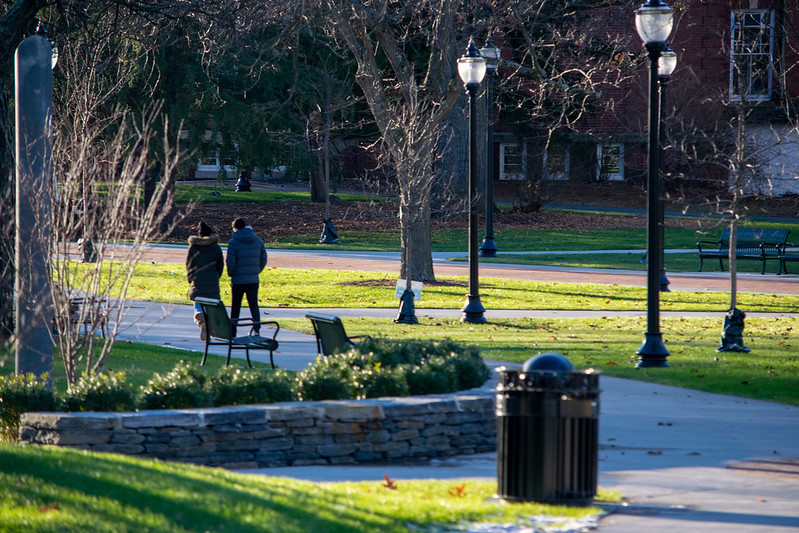On Sept. 18, U.S. News & World Report published their new rankings for colleges in the United States. Additionally, they introduced a new formula for the rankings. The new formula gives greater emphasis to graduation rates for students who received need-based Pell grants, as well as first-generation graduation rates and whether recent graduates were earning more than people with just a high school diploma. I think this new formula does very little, as it still prioritizes statistics that don’t give college applicants a good idea of what kind of education they can get at that college, nor the resources offered there.
U.S. News also uses something called a peer survey, which is a survey of presidents, deans and provosts of colleges who are asked to consider the academic caliber of fellow institutions. This survey makes up 20 percent of the score and is very subjective. It’s essentially a measurement of a college’s reputation based on data that won’t tell you anything about how accessible a college is, its quality of education, what its financial aid might be like or how it can help you get a job after graduation. Yet, it has become one of the most influential tools for college applicants.
As someone who was one of the first in my family to attend college, I didn’t have a lot of relatives who could help me look for colleges that would fit, and I didn’t have many resources at my high school. So, things like U.S. News were what I looked at when deciding my list of colleges to apply to. This led to my college search becoming a game of acceptance rates, rankings and data, rather than looking to see whether that school had what I wanted. U.S.News makes students and their families believe that reputation and rank alone are what matter when looking at colleges.
The reason U.S. News has become so influential is because colleges have let it. Schools use the ranking system as marketing to future applicants. They use the system to boost their reputation and sometimes will even cheat the system to move up the ranks. An example is Columbia University, which submitted inaccurate data to U.S. News in 2022, earning them second place until they admitted to the deception after being exposed by one of their own professors. U.S. News demoted them to 18th place.
I believe that these rankings have encouraged colleges to turn their focus on how much they can market their schools to applicants rather than try to improve the quality of education for their students. The U.S. News system has become one of the most influential ranking systems for colleges in America, yet it doesn’t even measure anything. It’s become a scam, tricking students and their families into believing that rankings will tell them everything they need to know about a college. It encourages colleges to treat education like a marketable product that they can sell, using whatever methods necessary to do so.
I used U.S. News while compiling my college list in high school. But when it came time to pick a college to commit to, I picked the University of Massachusetts because it could give me a degree at a fraction of the cost of the other schools I had gotten into. I realized, however, that I had to consider many other factors, such as what the program I would be in was like, what classes I would be taking, how many of my AP credits the University would accept, what resources existed for internships and jobs and so on.
U.S. News doesn’t consider any of those aspects. Being in college made me realize how little the ranking matters, because it’s not what’s important. It’s more what the student does while they’re in college that determines what they can do once they graduate.
Sruthi Guntupalli can be reached at [email protected]



















